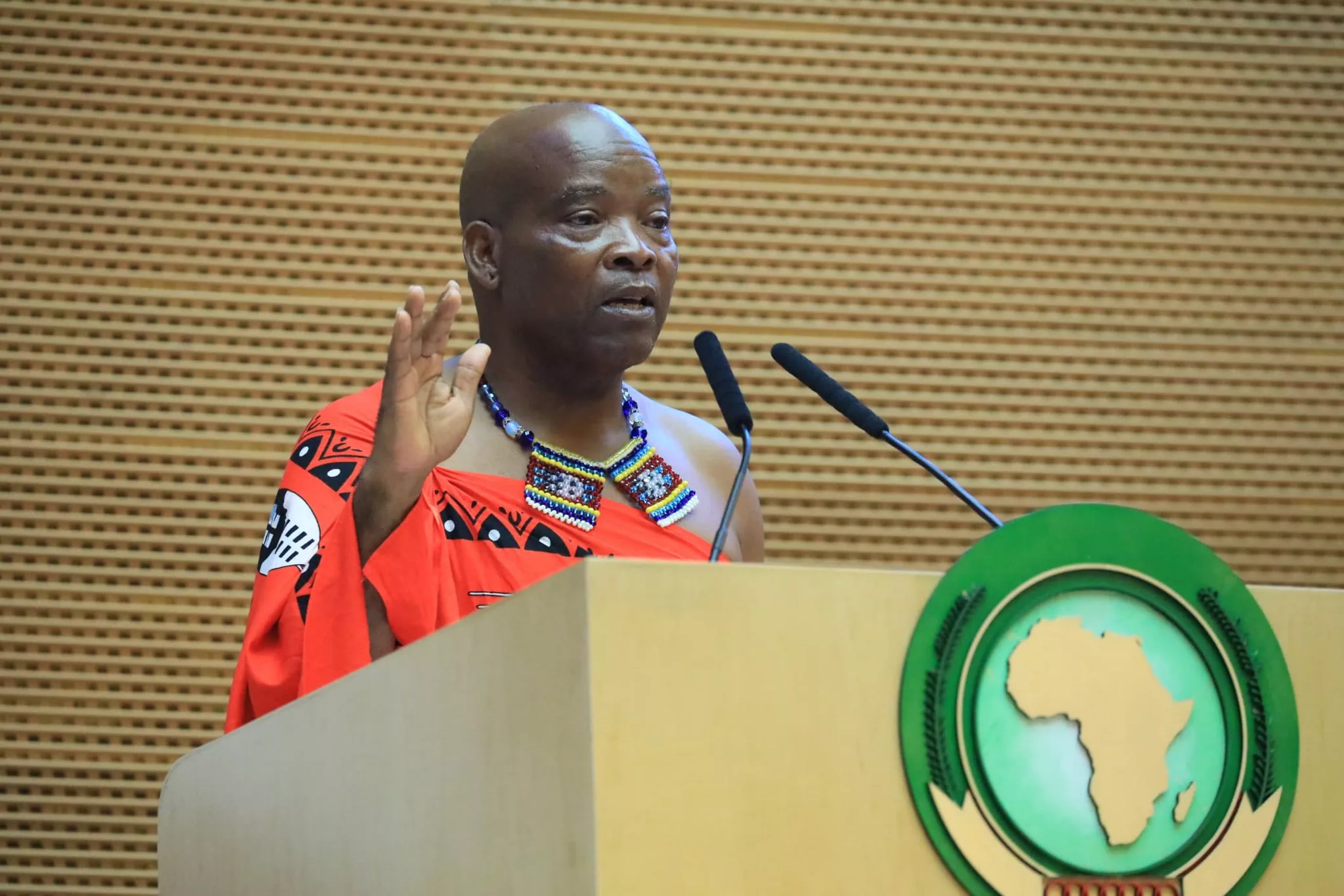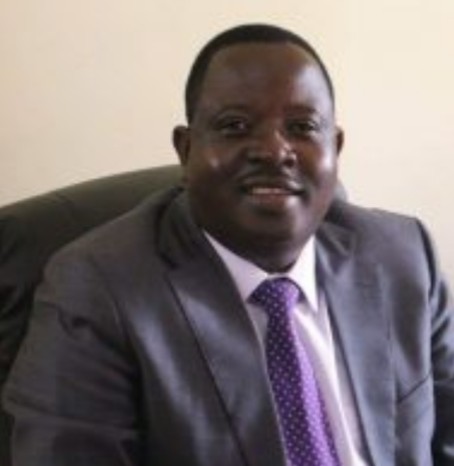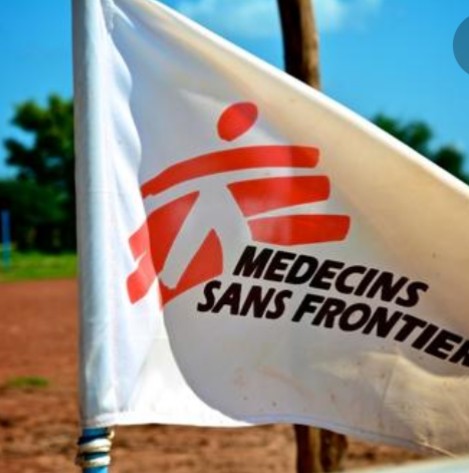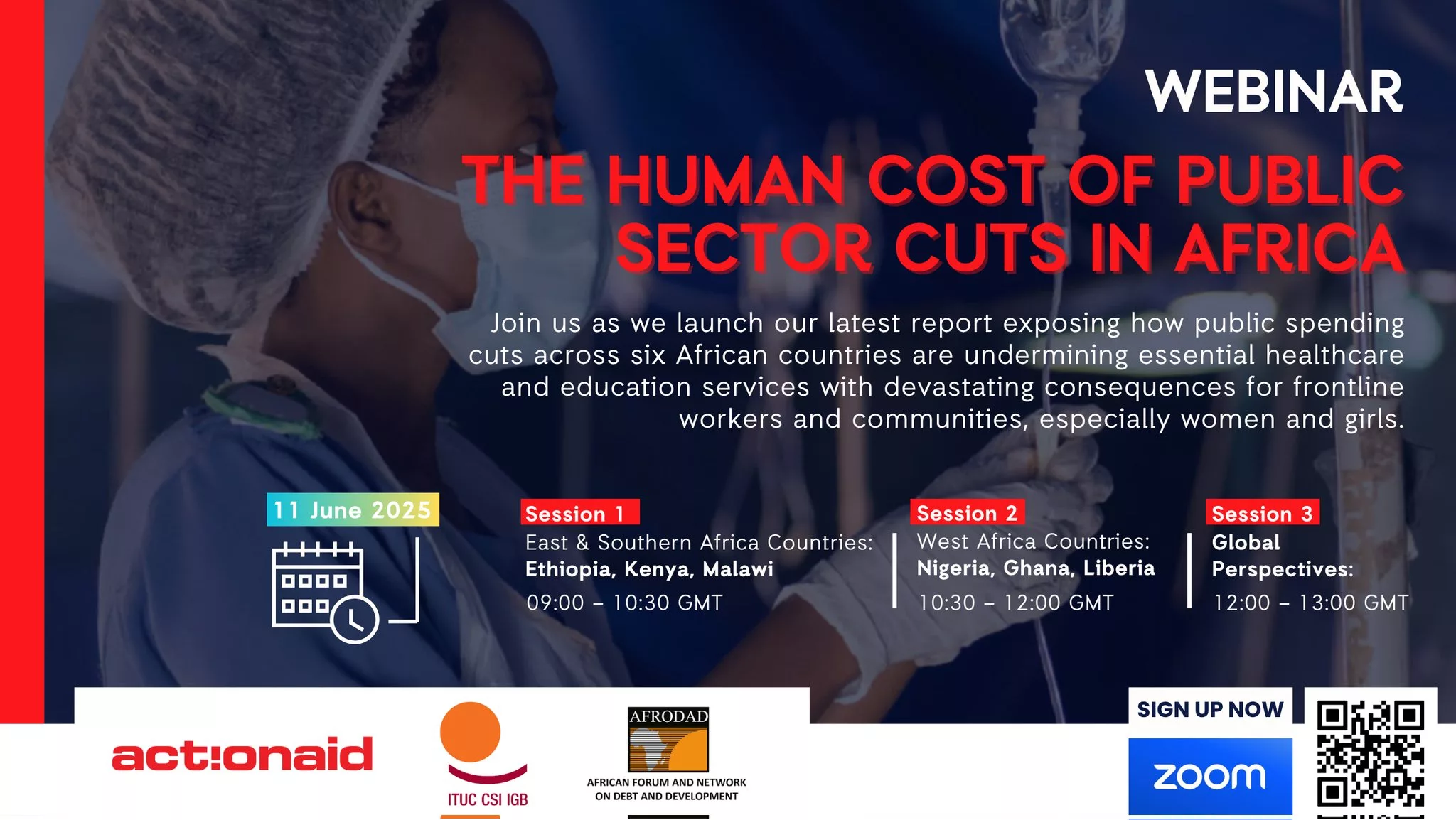|
Getting your Trinity Audio player ready...
|
The Africa Fertilizer Financing Mechanism (The Mechanism) is making significant strides toward closing Africa’s agricultural productivity gap. At its 14th Governing Council meeting, held on 20 March 2025 in Nairobi, Kenya, the Mechanism reported that its initiatives had facilitated access to 18,448 tons of fertilizer for 115,535 smallholder farmers across Kenya, Uganda, Mozambique, and Zimbabwe during 2024.
These achievements, which the Mechanisms’ ongoing programs enabled, were supported through $10.3 million in credit guarantees. The Governing Council commended the Mechanism for its impactful role in improving fertilizer access and agricultural productivity across the continent.
The Africa Fertilizer Financing Mechanism is a special fund managed by the African Development Bank Group. It provides innovative financing solutions to enhance the production, procurement, and distribution of both organic and inorganic fertilizers, while also promoting soil health improvement programs across Africa.
During the meeting, the Council emphasized the Mechanism’s importance in addressing the continent’s low fertilizer application rates, vast uncultivated land, and growing food production deficit. Notably, 64% of African countries spend over 40% of their national income on agricultural imports, underlining the urgent need for increased domestic agricultural productivity.
“Such achievement contributes to fostering a more sustainable and productive agricultural landscape across the continent,” said Dr. Martin Fregene, Director of Agriculture and Agro-Industry, African Development Bank.
The meeting also marked the appointment of Ambassador Moses Vilakati, Commissioner for Agriculture, Rural Development, Blue Economy, and Sustainable Environment at the African Union Commission, as the new Chair of the Governing Council.
“With AFFM and countries’ commitments, I’m confident we will make Africa a food basket and a net food exporter, especially with support from initiatives like the African Continental Free Trade Area,” said Ambassador Moses Vilakati.
Welcoming the new Chair, Dr. Fregene added: “We look forward to engaging in productive discussions today and to sharing the African Development Bank’s and the Mechanism’s contributions toward advancing the African Union’s agenda.”
The Council also reviewed the preliminary report of “AFFM 2.0,” a proposed transition plan designed to align the Mechanism with its expanded mandate under the Nairobi Declaration on Africa Fertilizer and Soil Health. The Declaration commits African nations to enhance agricultural productivity, improve soil health, and promote sustainability continent-wide.
The Council echoed the African Union Member States’ call for full operationalization of the Africa Fertilizer Financing Mechanism and committed to further review and follow-through AFFM 2.0 readiness.
The Governing Council also endorsed the Mechanism’s 2024 Annual Report, 2025 Work Program and Budget, and praised the Mechanism Secretariat’s efforts throughout the past year.
The 13 members of the Governing Council attended the 14th meeting, including the African Union Commission; the Zimbabwe Minister of Lands, Agriculture, Fisheries, Water and Rural Development; the African Development Bank; the International Fund for Agriculture Development; the African Export and Import Bank; the United Nations Economic Commission for Africa and the AGRA (formerly known as the Alliance for a Green Revolution in Africa), the Norwegian Agency for Development Cooperation, Global Affairs Canada, the International Fertilizer Development Center, the International Fertilizer Association, the Pan African Farmers Organization, and the Africa Fertilizer Financing Mechanism.
Source: AFDB






